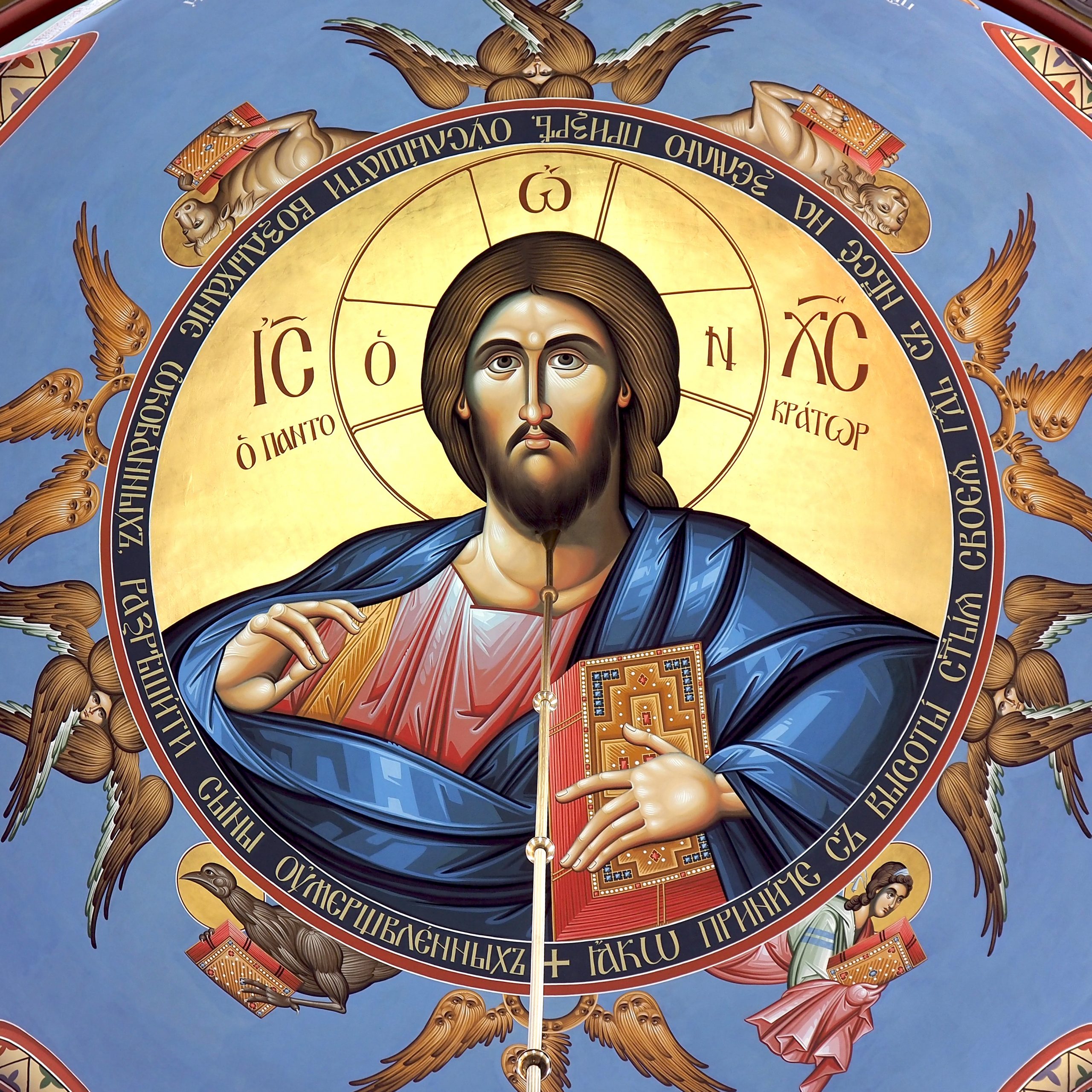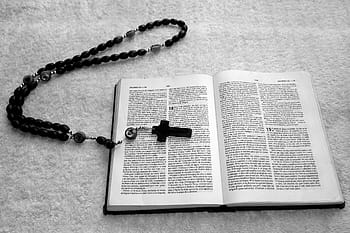For as in one body we have many members, and all the members do not have the same function, so we, though many, are one body in Christ, and individually members one of another. Having gifts that differ according to the grace given to us, let us use them: if prophecy in proportion to our faith; if service, in our serving; he who teaches, in his teaching; he who exhorts, in his exhortation; he who contributes, in liberality; he who gives aid, with zeal; he who does acts of mercy, with cheerfulness.
Romans 12: 4-8
Saint Paul describes the Church (and by extension all of society) as one body, with many parts. Comparing the Church to a human body, there are many parts and when all work in unity, the body is successful in its work. The hand doesn’t function independent of the brain. The heart must beat constantly. Without our eyes, we would miss 90% of our sensory input. Take away the ability to speak and it would be hard to express ourselves. We need our legs for moving around, ears to hear, all of our fingers and toes, our elbows and knees, our noses, eyelids, teeth and tongue. Each part has a purpose. Each part is necessary for the whole body to function at its best.
The Church community is the same—we need a choir, a parish council, ushers, greeters, community outreach, Sunday school teachers, and all kinds of other volunteers. These are ministries where people are called to serve, to provide labor for the work of the church. There are other ministries like youth groups and Bible studies where people go to learn, for fellowship and to be ministered to. Ideally, everyone should belong to two groups—A group where one can do the work of ministry, and a group where one can be ministered to. There are other groups that are also needed in a church community, such as a group for people who are grieving, or who are divorced, or who are coping with illness.
There are an infinite number of needs as well as possibilities in a church community. There are also a diverse group of people with different talents in each community. When each person steps up to offer their particular talent, they allow for the possibilities to become realities.
In the community where I serve, a woman came to me one day and asked if she could start a support group for people who are grieving. She had lost someone and had participated in a similar group and had really benefited from it. Her stepping forward led to the creation of a “Griefshare” group in the parish, which would never have come into existence had she not stepped forward to volunteer.
Many churches have found great success with the concept of “small groups,” groups where members share something in common—i.e. they are divorced, or single, or dads, or cancer survivors, or parents of high school students. The possibilities are infinite. People go to their small group and it is a place where they feel accepted, loved and free to be vulnerable. These groups become supports groups, in spiritual and other ways.
Groups like these also keep members accountable. There is a commitment to the group, to attending, to sharing, to speaking, to keeping confidences, etc. Groups members keep tabs on each other. They offer spiritual support and also social fellowship.
Small groups are unfortunately not part of the culture of every church community. In these days when people feel scattered and not together, small groups can be an anchor that keeps people united and potentially a lifeline to those who feel isolated. This is certainly a subject worthy of thought and development in every community.
Lord, thank You for my unique and special gifts (bring those to your prayer and thank God specifically for them). Help me to realize how I can use these gifts in my church community, to grow my faith and to encourage the faith of others. Inspire me to be someone that others can lean on. Help me to find others that I can lean on as well. Amen.
Consider what kind of small groups can be established in your church community!




